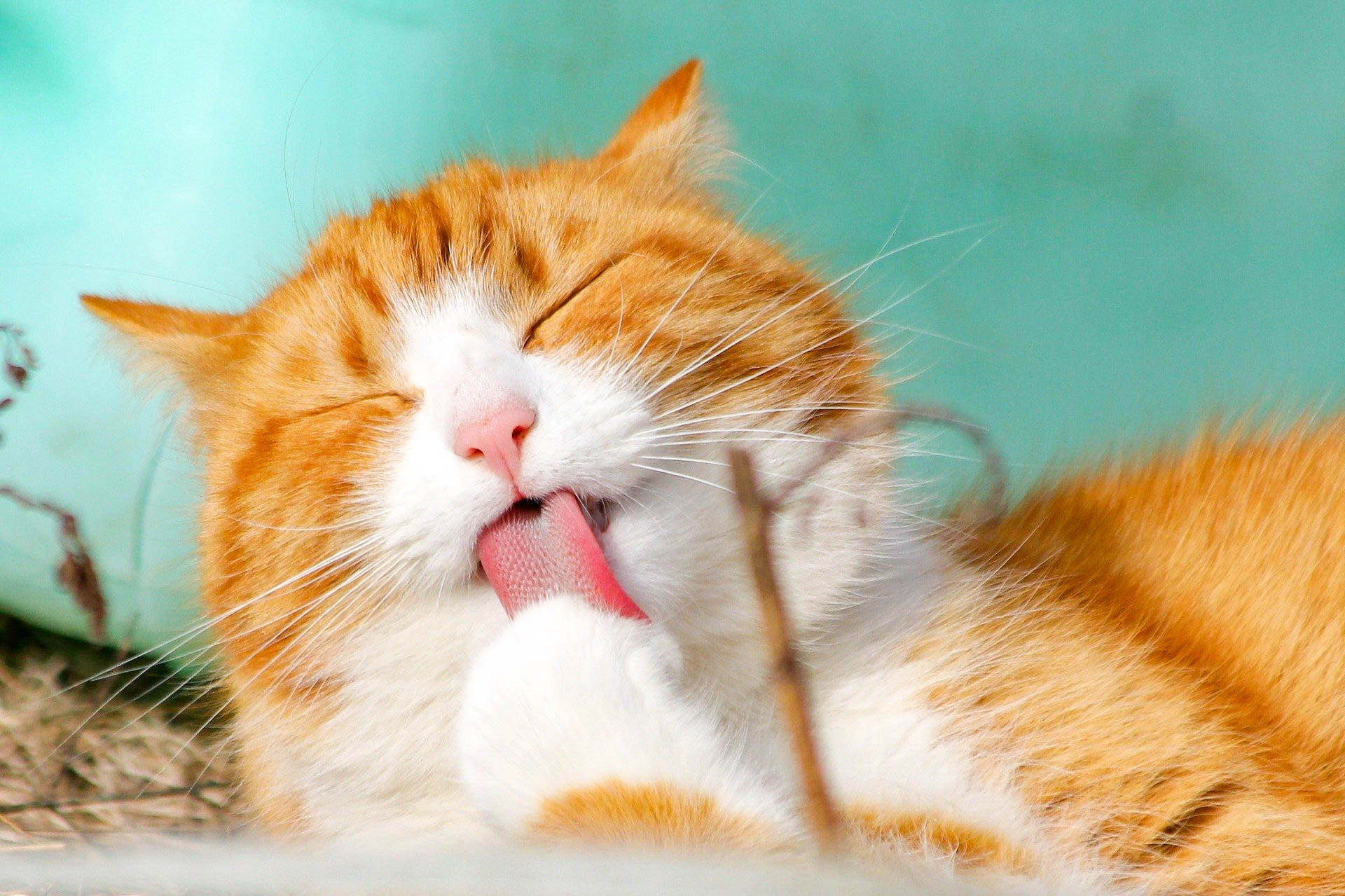Winter Cats: Essential Care Tips for Keeping Your Feline Friend Warm and Safe

Introduction: As winter approaches, we must ensure our beloved feline companions stay warm, healthy, and safe during the colder months. Cats, like humans, can be affected by cold weather, and pet owners must take proactive measures to protect their well-being. This comprehensive guide’ll explore essential care tips for winter cats, covering everything from providing adequate shelter to addressing specific health considerations. By implementing these strategies, you can ensure your cat stays cosy and content throughout the winter
- . Standing Cats and Cold Weather: Before diving into specific care tips, it’s essential to understand how cold weather can affect cats. While cats have a natural fur coat to keep them warm, they are still susceptible to cold-related health issues, including frostbite and hypothermia. Understanding the signs and symptoms of these conditions is essential for early detection and treatment.
- Providing Warm and Dry Shelter: One of the most critical aspects of winter cat care is ensuring that your feline friend has access to warm and dry shelter. Whether your cat spends most of their time indoors or outdoors, providing them with a cosy and insulated space to seek refuge from the cold is essential. Consider setting up a sheltered area with blankets, bedding, or an insulated cat house to keep your cat warm and comfortable.
- Limiting Outdoor Exposure: While some cats enjoy outdoor adventures regardless of the weather, it’s essential to limit their exposure to extreme cold temperatures, snow, and ice. Cats can suffer from frostbite and hypothermia if left outdoors for extended periods, mainly if they are not accustomed to cold weather. Whenever possible, keep your cat indoors during harsh winter weather, providing them with ample opportunities for indoor exercise and stimulation.
- Signs of Frostbite and Hypothermia: Monitoring your cat for signs of frostbite and hypothermia is crucial during the winter months. Signs of frostbite may include pale or discoloured skin, particularly on the ears, tail, and paw pads. Hypothermia symptoms can include shivering, lethargy, and difficulty breathing. If you suspect either condition, seek veterinary care immediately to prevent further complications.
- Hydration and Nutrition: Proper hydration and nutrition are essential for maintaining your cat’s health and vitality during winter. Ensure your cat has access to fresh water, as dehydration can still occur in cold weather. Additionally, provide your cat with a balanced and nutritious diet tailored to their needs, considering factors such as age, activity level, and health status.
- Grooming and Coat Care: Keeping your cat’s fur clean and well-groomed is essential for maintaining their natural insulation during winter. Regular brushing removes loose hair and prevents matting, which can help keep your cat warmer. However, avoid shaving your cat’s fur in winter, as their coat protects from the cold. If your cat spends time outdoors, check their fur for ice and snow buildup, particularly on their paw pads and around their ears and tail.
- Protecting Paws and Skin: Cold weather can be harsh on your cat’s paws and skin, leading to dryness, cracking, and injury. Consider using pet-safe paw balm or booties to protect your cat’s paws outside, especially in icy or snowy conditions. Additionally, moisturize your cat’s skin with a pet-safe lotion or oil to prevent dryness and irritation.
- Creating a Warm Indoor Environment: Keep your home comfortably warm for your cat during winter, providing them with cosy sleeping areas away from drafts. Consider placing beds or blankets in quiet corners or elevated perches near heat sources like radiators or heating vents. Providing your cat with a warm and inviting indoor environment will help keep them comfortable and content during the colder months.
- Ensuring Proper Identification: If your cat accidentally gets lost during winter outings, wear a collar with identification tags containing your contact information. Consider microchipping your cat for permanent identification, which can significantly increase the chances of a safe return if they become lost in the cold weather.
- Monitoring for Toxic Substances: Be mindful of common winter hazards such as antifreeze, which is highly toxic to cats if ingested. Keep antifreeze and other chemicals stored safely out of reach, and promptly clean up any spills or leaks to prevent accidental exposure. Additionally, be cautious of de-icing salts and chemicals on sidewalks and roads, as they irritate your cat’s paws and skin.
- Regular Veterinary Check-ups: Schedule regular veterinary check-ups for your cat to ensure they remain healthy throughout the winter season. Your veterinarian can assess their overall condition, address any health concerns, and provide guidance on winter-specific care tailored to your cat’s individual needs.
- Special Considerations for Senior Cats: Senior cats may require extra care and attention during the winter months, as they may be more susceptible to cold-related health issues due to age-related changes in their bodies. Monitor senior cats closely for signs of arthritis or joint stiffness, which may worsen in cold weather. Please provide them additional warmth and comfort, such as heated beds or blankets, to alleviate discomfort and promote mobility.
- Consulting with a Veterinarian: If you have any concerns about whether cats need special care in winter, don’t hesitate to consult your veterinarian. Veterinarians can provide valuable guidance and recommendations tailored to your cat’s needs, including special care considerations based on age, health status, and lifestyle. Regular veterinary check-ups are essential for monitoring your cat’s overall health and proactively addressing any issues.
Here are some frequently asked questions (FAQs) related to winter cat care:
Can cats stay outside in the winter?
While some cats may tolerate outdoor temperatures better than others, keeping them indoors during extreme cold weather is generally safer. Cats can suffer from frostbite and hypothermia if left outside for prolonged periods, mainly if they are not accustomed to cold weather. Provide outdoor cats access to warm shelter and bring them indoors during severe weather conditions.
Do cats need extra food in the winter?
Some cats may require additional calories during winter to maintain their body temperature and energy levels. Outdoor cats, in particular, may burn more calories to stay warm in colder weather. Monitor your cat’s weight and adjust their food intake accordingly, consulting with your veterinarian if necessary to ensure they receive adequate nutrition.
How can I protect my outdoor cat from the cold?
If your cat spends time outdoors, provide them access to warm and dry shelter, such as an insulated cat house or a heated outdoor enclosure. Consider placing blankets or bedding inside the shelter for added insulation, and regularly check for signs of frostbite or hypothermia. Additionally, provide your cat access to fresh water that won’t freeze in cold temperatures.
Are there any winter hazards I should be aware of for my cat?
Several winter hazards can pose risks to cats, including antifreeze poisoning, de-icing salts, and frostbite. Keep antifreeze and other toxic chemicals stored safely out of reach, and be cautious of de-icing salts used on sidewalks and roads, as they can irritate your cat’s paws and skin. Monitor your cat closely for signs of exposure to these hazards and seek veterinary care if necessary.
Should I change my cat’s grooming routine in the winter?
While regular grooming is essential for maintaining your cat’s coat and skin health year-round, you may need to adjust your grooming routine slightly in the winter. Pay attention to your cat’s paw pads and skin for signs of dryness or cracking, and consider using pet-safe paw balm or moisturizers to prevent irritation. Additionally, continue to brush your cat regularly to remove loose hair and to avoid matting, which can compromise their insulation against the cold.
How can I tell if my cat is too cold?
Cats may exhibit discomfort or distress if they are too cold, including shivering, seeking warmth, or curling up in a tight ball. Monitor your cat closely for these signs, especially if they spend time outdoors, and provide them access to warm shelter and bedding if necessary. If you suspect your cat suffers from cold-related issues, seek veterinary care promptly.
Is it safe to use heating pads or blankets for cats in winter?
While providing additional warmth with heating pads or blankets can benefit cats, using them safely to prevent burns or overheating is essential. Choose heating pads for pets with adjustable temperature settings and automatic shut-off features. Place the heating pad or blanket in a location where your cat can easily access it but cannot chew on the cord or become trapped. Monitor your cat’s behaviour to ensure they are not becoming too hot, and always follow the manufacturer’s instructions for safe use.
How can I help my cat stay mentally stimulated indoors during the winter?
Indoor cats may experience boredom or cabin fever during the wintonths due to behavioural issues or stress. Keep your cat mentally stimulated with interactive toys, puzzle feeders, and regular play sessions. Set up indoor climbing structures or create hiding spots with cardboard boxes and blankets for enrichment. Consider rotating toys and introducing new activities to keep your cat entertained throughout the winter.
Conclusion: Following these comprehensive care tips for winter cats, you can ensure that your feline friend stays warm, healthy, and safe throughout the colder months. From providing adequate shelter and nutrition to addressing specific health considerations and consulting with a veterinarian, proactive care and attention are essential for keeping your cat cosy and content during winter. With the right approach to winter cat care, you can enjoy the season knowing that your beloved companion is well cared for and protected from the elements.







